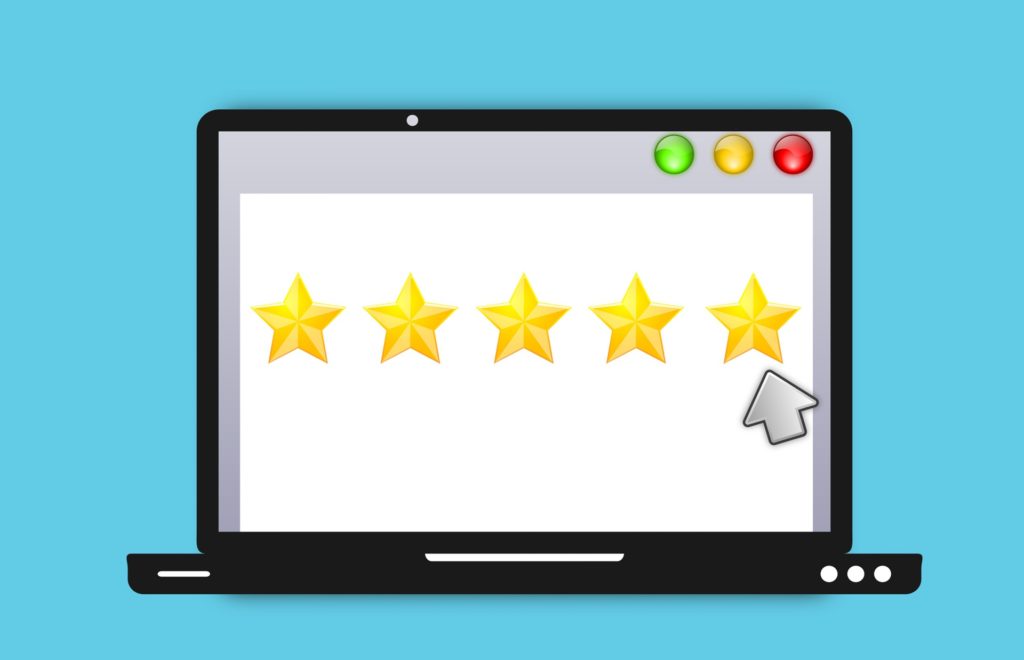The internet is absolutely full of reviews for just about everything you could imagine. There are Google Reviews, where you can see how many stars a service station has earned and read about the newspapers on offer there in great detail, in the same site you can find out about the Great Wall of China and its toilet facilities. Whole sites exist dedicated to reviewing white goods, window cleaners, and which recipe for Victoria Sponge is actually the best. If you want to read a review for something, then you’ll be able to find one on the internet. However, making these reviews work for you and your purchases requires more skill than just reading. We’re going to talk about deciphering real reviews from fake ones, finding the right place to read your reviews, and plenty more tips that will ensure your time spent reading reviews isn’t time wasted.
Fake vs Real

When it comes to reading consumer reviews, it’s best to take things with a pinch of salt. Many consumer reviews are real and a lot of review sites have mechanisms in place to spot and remove fake reviews. However, some slip through the net, and there are a bunch of ways that you can spot them. Whilst there are some who will say there’s one trick to finding them, the truth is you usually need to be looking for at least three or four signs to write a review off as fake. Some of the telltale signs to look out for are extremely positive or negative emotions; if someone is reviewing a microwave then they’re unlikely to describe it as revolutionary or life-changing, whilst someone reviewing a set of pens probably won’t describe them as the biggest con in the world, or a total waste of their inheritance. Unusual or irrelevant personal details are another telltale sign, along with extremely poor grammar, indicating that the review isn’t written in the speaker’s native language. It’s also possible to see, on product reviews, if the author of the review actually purchased the product on sites like Amazon. If they didn’t, then the chances are that review is a fake one. Look for a combination of these signs and you’ll be able to tell with a reasonable degree of certainty if a review is legitimate or not.
Use An Expert Site
If you don’t want to sift through the fake reviews to find the real ones, then using a dedicated site is a good way to avoid that. Using expert sites is a good way to ensure you’re getting genuine advice. There are sites for all different sectors, for example, Trust a Trader specializes in reviewing tradespeople, like plumbers and electricians. They rely on customer reviews in order to provide a balanced opinion on each tradesperson. Other expert sites use a mixture of professional and customer opinions to reach their conclusion. Those looking for a trustworthy review of online casinos could use CasinoReviews, this site has each of the online casinos that they recommend professionally reviewed, as well as taking into account the opinions of everyday users, for a well-rounded opinion. Sites like these are invaluable for purchases that are going to either take up a lot of your time or take up a lot of your money, so look for trusted sites and heed their advice.
Take Time on Big Buys
One of the reasons that it’s so easy to waste time on reviews, is that we read them for the wrong things. Here at TechSpective, we focus on reviews that are either likely to be considered big-ticket items for our readers, or items that are going to get a lot of use, and therefore need to live up to expectations. Keeping this in mind when poring over reviews anywhere is a good way to save yourself time and money. If you’re reading endless reviews for your next second-hand book purchase then your time might be better spent elsewhere. However, if you’re not reading reviews for your next laptop purchase then you could be throwing money away. Choosing the right items to research is key to making your money work for you and making sure you’re making the most effective use of your time.
- Using Modern Technology to Purchase Life Insurance in Australia: Strategies - July 11, 2025
- Do VPNs Cause Lag - June 25, 2025
- Smart Contracts at the Card Table: Automating Trust in Online Poker Rooms - June 25, 2025



